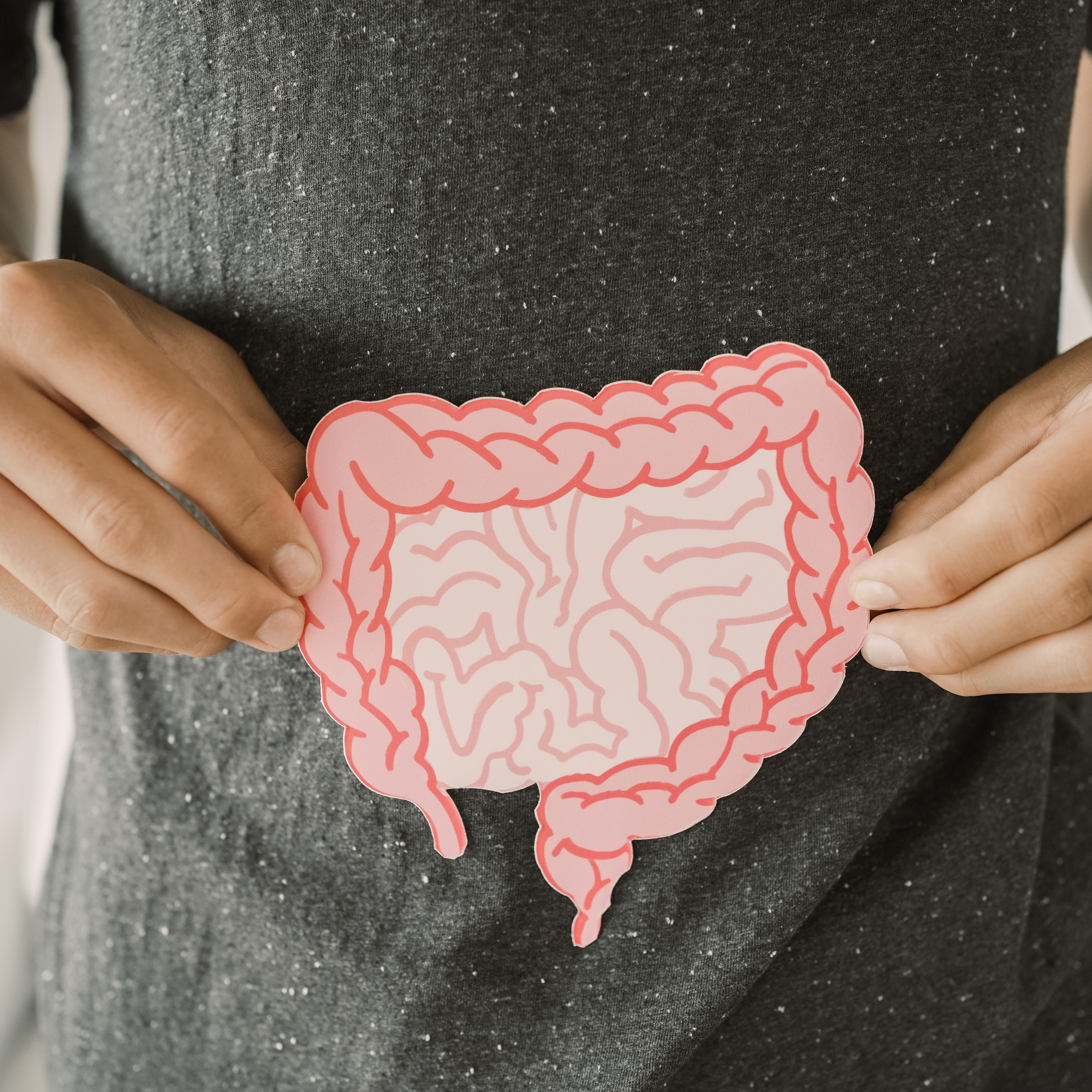
Do Autoimmune Diseases Start in the Gut
Many people living with autoimmune conditions are told by their doctors that there is little they can do beyond managing symptoms with medication. While medications are sometimes necessary to control disease activity, they do not always address the root causes of immune dysfunction.
One area that is increasingly recognised in functional and integrative medicine is the connection between gut health and the immune system. Research shows that a disrupted gut environment, sometimes referred to as “leaky gut”, can contribute to the onset or progression of autoimmune disease.
The Gut–Immune Connection
Your gut does far more than digest food. Approximately 70–80% of your immune cells are located in the gut-associated lymphoid tissue (GALT). This makes the gut a key regulator of immune activity.
The gut lining acts as a selective barrier, allowing nutrients to enter while blocking harmful microbes and toxins. When this barrier is compromised, the immune system is repeatedly exposed to foreign particles, which can lead to chronic inflammation and, in some individuals, autoimmune activity.
This relationship is not theoretical; several autoimmune conditions, including inflammatory bowel disease, Hashimoto’s thyroiditis, rheumatoid arthritis, and psoriasis, have been linked to alterations in gut permeability and microbiome balance.
What Is Leaky Gut?

The human intestinal tract is about 8.5 metres long, with the small intestine making up roughly 7 metres and the large intestine about 1.5 metres. The small intestine’s inner surface is lined with cells connected by structures called tight junctions, which regulate what passes into the bloodstream.
In “leaky gut”, medically referred to as increased intestinal permeability, these tight junctions loosen, allowing larger molecules to cross into circulation. The immune system detects these molecules as potential threats and mounts a defence.
Over time, this constant immune stimulation can lead to:
-
Immune overactivation – chronic, low-grade inflammation as the immune system remains “on alert.”
-
Molecular mimicry – proteins from certain foods or microbes resemble proteins in human tissues, leading the immune system to mistakenly attack the body.
Common Contributors to Leaky Gut
Several factors may compromise the gut barrier. The most frequently studied include:
-
Food Sensitivities
Not all immune reactions to food are immediate. IgE-mediated food allergies cause rapid symptoms, but IgG-mediated sensitivities can create delayed responses, sometimes up to 72 hours later. Common triggers include gluten, dairy, soy, eggs, and certain food additives. These reactions may manifest as fatigue, joint pain, digestive discomfort, or skin changes. -
Gut Dysbiosis
An imbalance in the gut microbiome, too many harmful bacteria, yeast overgrowth (such as Candida), or parasites, can directly damage the gut lining. Dysbiosis can result from antibiotics, poor diet quality, chronic stress, or environmental toxin exposure. -
Alcohol
Even moderate alcohol consumption has been shown in some studies to increase intestinal permeability and inflammation, which may be particularly problematic for those with autoimmune disease. -
Chronic Stress
Prolonged elevations in cortisol, the body’s primary stress hormone, can weaken the gut barrier, alter microbiome composition, and suppress healthy immune regulation.
How Leaky Gut May Influence Autoimmune Disease
Autoimmune conditions occur when the immune system mistakenly targets the body’s own tissues. While genetics play a role in susceptibility, environmental and lifestyle factors often determine whether the disease is triggered or worsens.
When the gut barrier is compromised, immune cells are exposed to a continuous stream of foreign antigens. This constant stimulation can:
-
Drive chronic inflammation, which is a hallmark of most autoimmune conditions.
-
Promote the development of new autoimmune activity in genetically predisposed individuals.
-
Aggravate existing autoimmune symptoms, making flares more frequent or severe.
For example, in celiac disease, an autoimmune condition, gluten exposure leads to increased intestinal permeability, which directly fuels immune attack on the small intestine. While not all autoimmune diseases have such a clear single trigger, the gut–immune relationship remains a significant area of research.
Addressing Gut Health for Autoimmune Support
While there is no universal “cure” for autoimmune disease, improving gut health can be a valuable component of symptom management and overall wellbeing. Strategies often include:
-
Identifying and removing potential dietary triggers.
-
Rebalancing the microbiome through nutrition and lifestyle changes.
-
Supporting intestinal barrier repair with a nutrient-rich diet.
-
Reducing chronic stress to lower inflammatory load.
A Structured Approach: The 21-Day Reset
For many people, making these changes on their own can feel overwhelming. A structured plan provides guidance and accountability while giving the body a chance to recalibrate.
The Synergised 21-Day Reset is designed to help individuals take that first step. The program focuses on:
-
Eliminating Common Triggers
The plan removes foods most likely to contribute to inflammation and gut barrier stress, allowing the digestive system to “reset.” -
Nourishing With Whole Foods
Recipes are built around nutrient-dense ingredients that provide the vitamins, minerals, and antioxidants needed for gut repair. -
Supporting Microbiome Balance
By focusing on fibre-rich plant foods, and anti-inflammatory nutrients, the 21 Day Reset encourages a healthier gut microbial environment. -
Promoting Mind–Body Connection
Lifestyle guidance, including stress-reduction practices, helps address one of the most overlooked contributors to gut and immune health.
While three weeks is not a complete solution for autoimmune disease, it can be a very effective starting point — helping to identify food-related triggers, improve digestion, and lay the groundwork for longer-term health strategies.
Key Takeaways
-
Autoimmune conditions are complex and influenced by both genetics and environment.
-
The gut plays a critical role in immune regulation, and increased intestinal permeability (“leaky gut”) can contribute to immune system overactivity.
-
Factors such as food sensitivities, dysbiosis, alcohol, and chronic stress may all impact gut barrier function.
-
Addressing gut health is not a cure, but it may help reduce symptoms, improve quality of life, and support immune balance.

Focusing on the gut–immune connection is about more than digestion, it’s about supporting one of the most important systems for long-term health and vitality.
A structured, short-term program like the 21-Day Reset can serve as a starting point for those wanting to explore the connection between their gut and autoimmune health.








Leave a comment